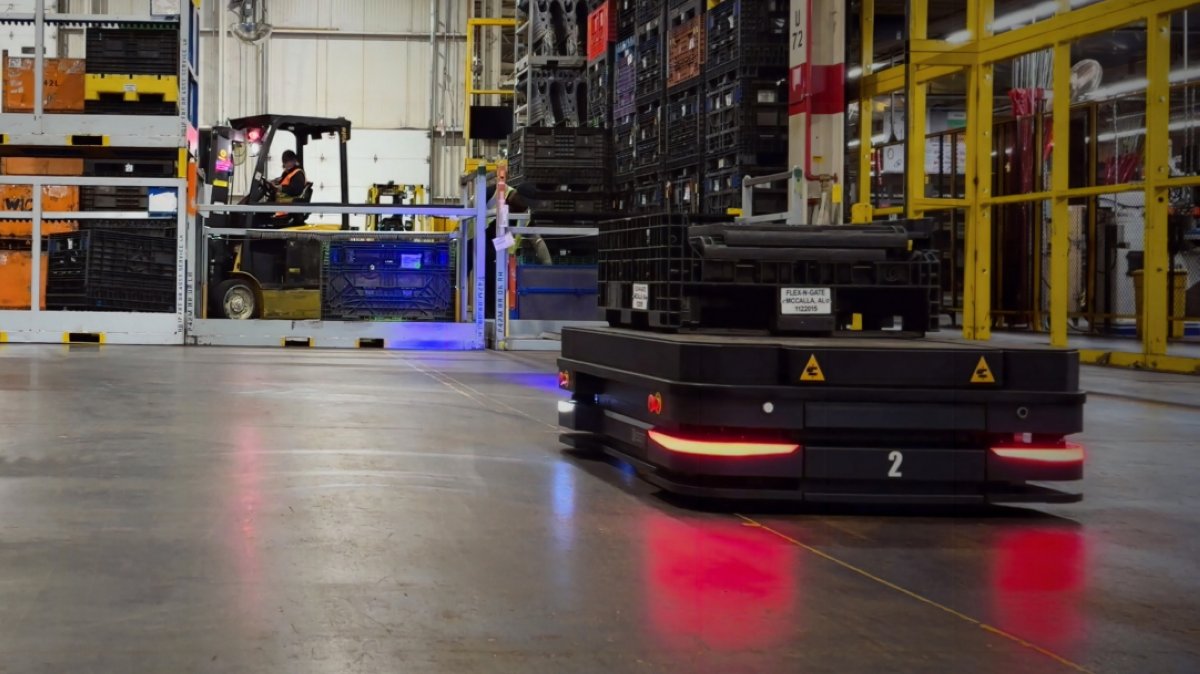Summary:
StackBlitz was on the brink of shutdown before pivoting to AI, leading to the creation of Bolt.new
Bolt.new revolutionized coding by allowing app creation through plain English descriptions, reaching $40M ARR in months
The startup overcame a failed Anthropic deal and competition from Figma to secure its market position
StackBlitz's WebContainers technology and tiered pricing model were key to its rapid growth
The company now boasts 5 million registered users and is profitable, with plans to expand further
In 2017, Eric Simons and Albert Pai founded StackBlitz, a startup aimed at revolutionizing software development with tools like WebContainers, enabling engineers to manage projects directly in their browsers. Despite initial funding, the startup struggled to gain traction, leading to a critical board meeting in late 2023 where an ultimatum was issued: show progress or face shutdown.
The Turning Point Facing potential failure, the team pivoted, exploring AI's potential in coding. Their experimentation with OpenAI models initially seemed futile until Anthropic's Sonnet 3.5 model presented a breakthrough. This led to the creation of Bolt.new, a service that allows users to build web and mobile apps by simply describing them in plain English.
Bolt's Explosive Growth Launched in October 2024, Bolt quickly amassed $4 million in annual recurring revenue (ARR) within a month, growing to $40 million ARR by March 2025. The service's success was attributed to its innovative use of WebContainers and a tiered pricing model based on token usage, catering to both casual users and heavy developers.
Overcoming Challenges StackBlitz's journey wasn't without hurdles. A potential licensing deal with Anthropic fell through, and competition emerged with Figma's similar product announcement. However, the startup's foundational technology and early market entry provided a competitive edge.
The Future of StackBlitz With 5 million registered users and profitability, StackBlitz is now a leader in AI-driven development tools. Simons envisions a future where 'software composers'—non-technical users—can easily create digital products, further democratizing software development.






Comments